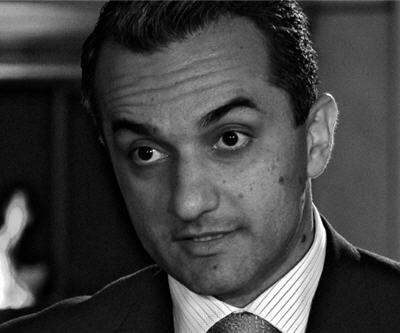
Recently we sat down with Amir Adnani, CEO of Uranium Energy Corp. (NYSEAMEX:UEC), an American uranium mining company, for a conversation on the nuclear industry eighteen months after the catastrophe at Fukushima which devastated both Japan and most uranium miners’ share prices.
One of the most critical issues we discussed in our interview was the severity of the US uranium supply and demand deficit.
“The US is consuming 55 million pounds of uranium per annum . . . to generate 20% of US electricity . . . [but] domestic production of uranium is only 4 million pounds per year,” according to Adnani.
“The US is more dependent on foreign uranium than it is on foreign oil.”
Adnani says the supply deficit is global.
“The world consumes . . . more uranium than the mining industry produces. In terms of real numbers, there’s global demand of about 180 million pounds per year, and supply from mining activity is roughly 140 million pounds per year. So you have a 40 million pound per year supply deficit, just to meet current reactor requirements.”
How is that 40 million pound annual gap filled? The answer is retired Russian warheads.
Since the cold war ended, we’ve relied heavily on military inventories of uranium–basically dismantling retired Russian nuclear warheads to feed this supply imbalance. This has taken place under a treaty called, “The Highly Enriched Uranium Treaty”, or the “HEU Treaty”, which is set to expire next year, in 2013. [Additionally], the Russian government has come out repeatedly, saying that after this agreement [expires] there’s no interest on their part to continue utilizing this source of supply…That’s a very important catalyst for recognizing why higher uranium prices are needed–in order to stimulate interest in new mine construction…to fill this secondary supply source.
There are roughly 430 nuclear reactors operating worldwide…over 60 [new reactors] in construction…and hundreds more planned between now and 2020-2030…What’s happening right now in the world in terms of new nuclear builds is unprecedented.
Regardless of where uranium prices go from here, Adnani is a mining entrepreneur investors should follow.
At just 34 years of age, he has built one of a small handful of uranium producers in the world today. The speed at which Adnani grew his company into a producer is impressive, and he is among the hardest working executives we have met in the mining business.
Thank you to Cambridge House and the Vancouver Club for putting us up, and to Amir for joining the program.